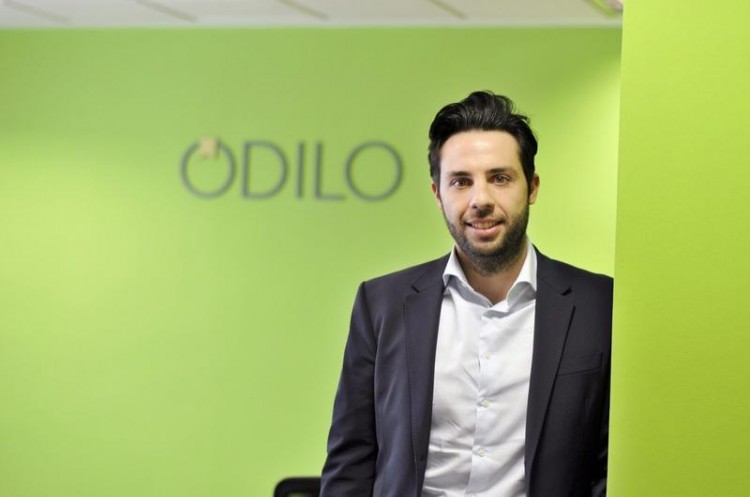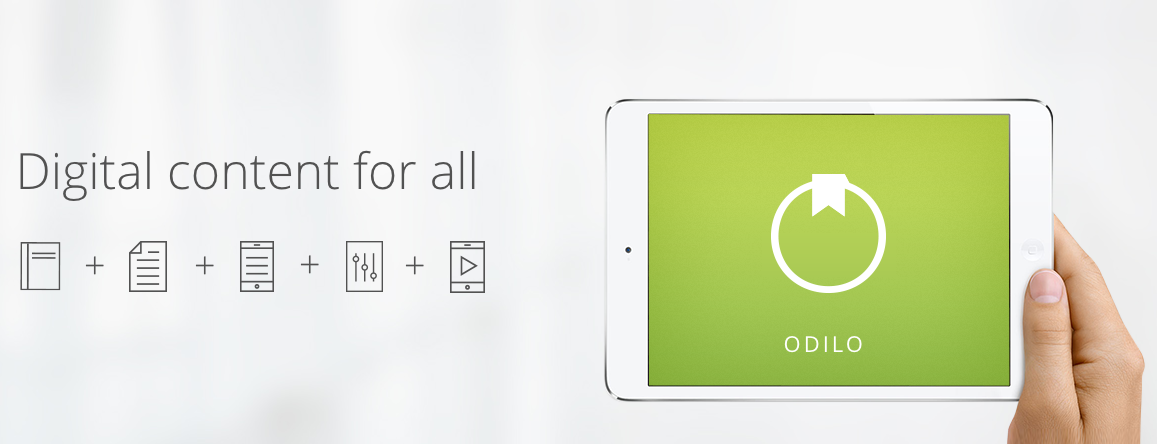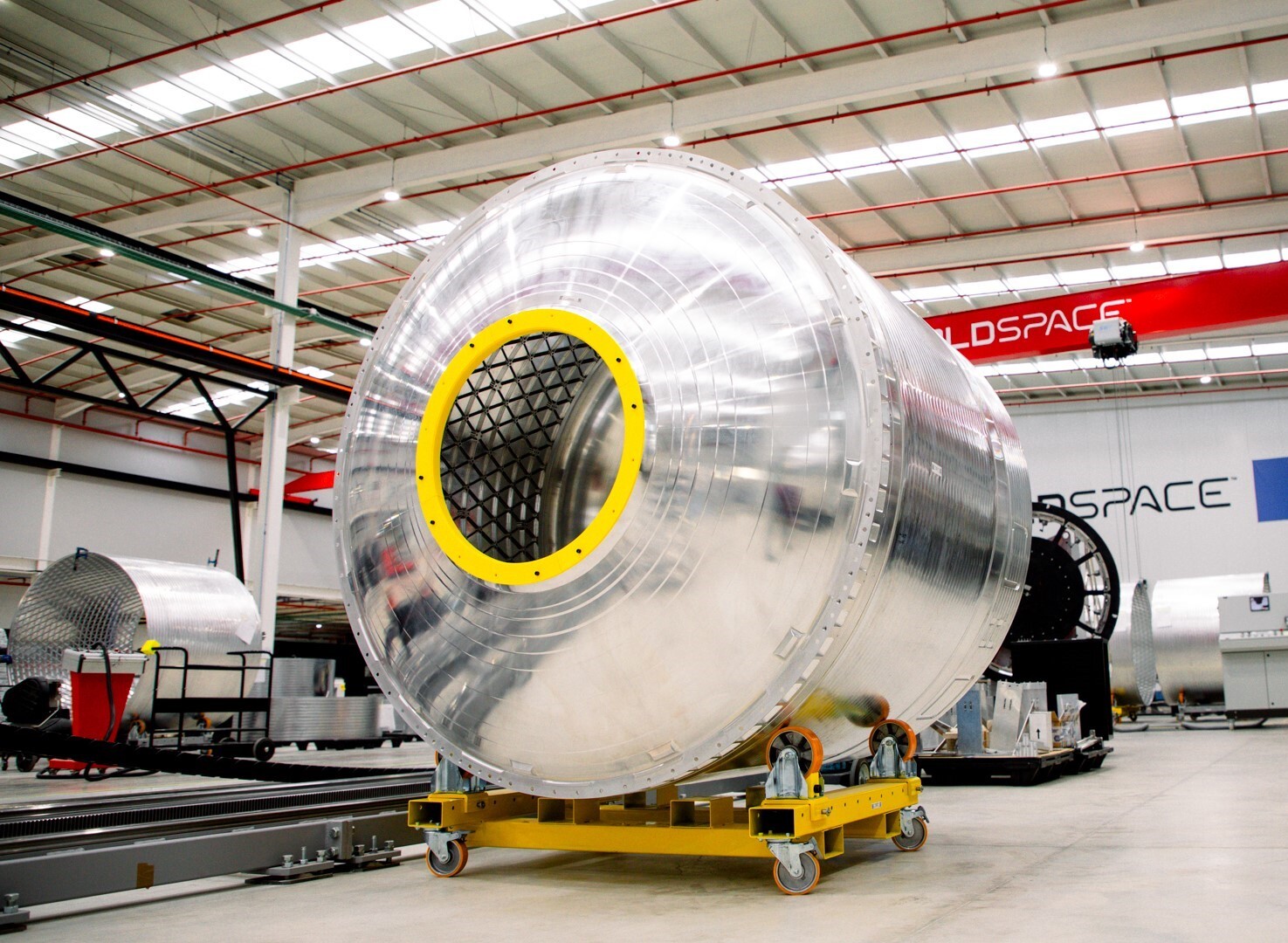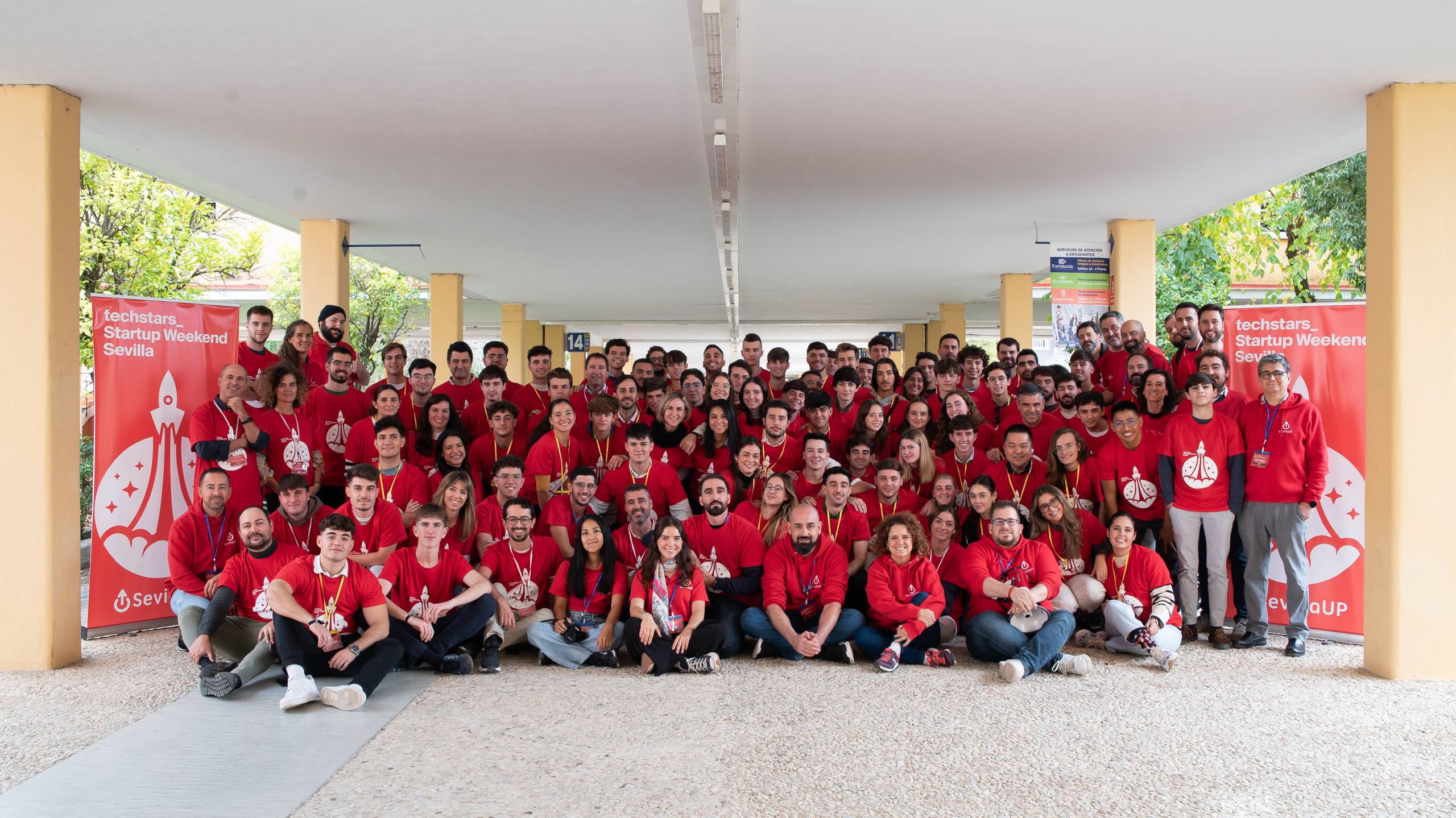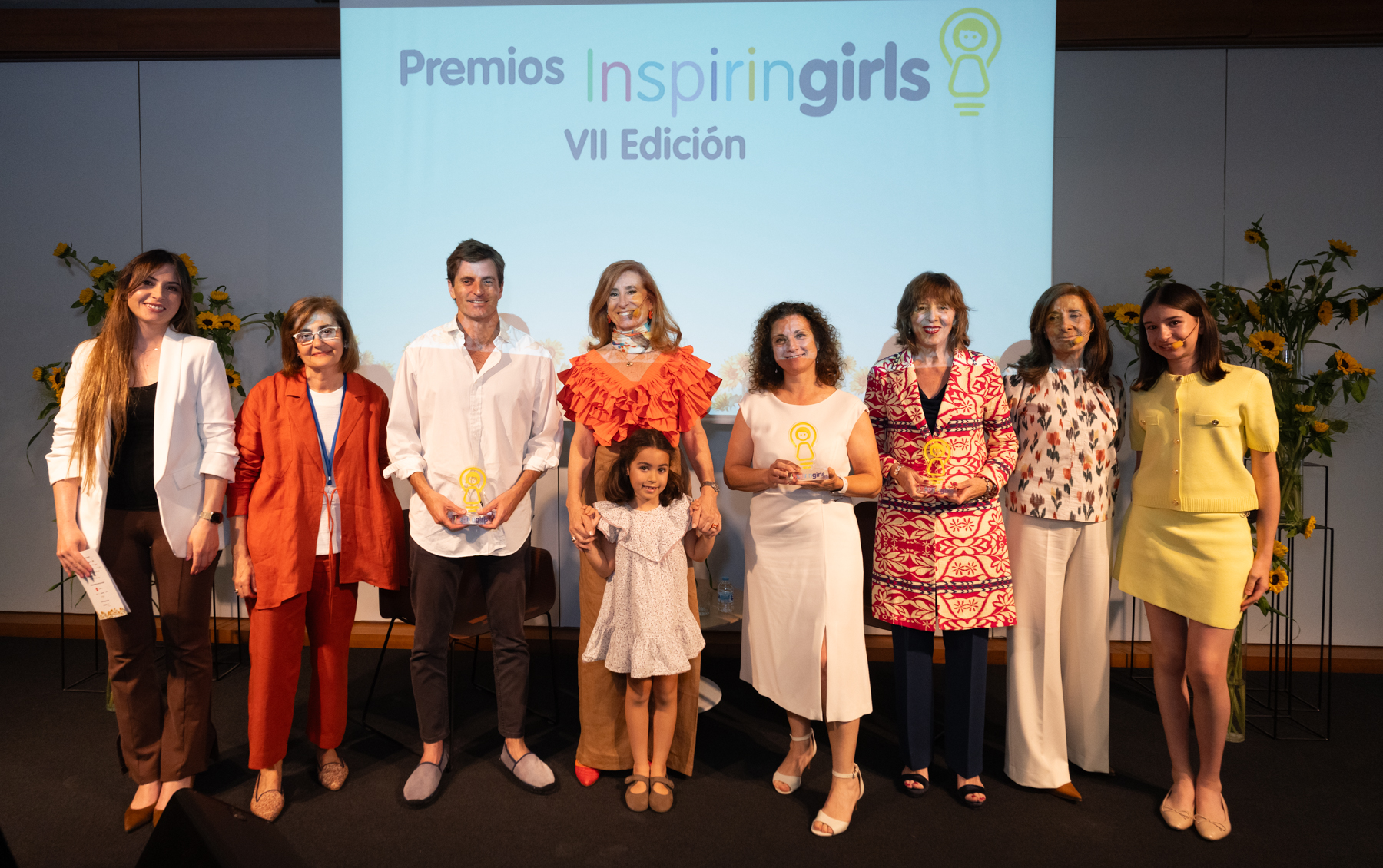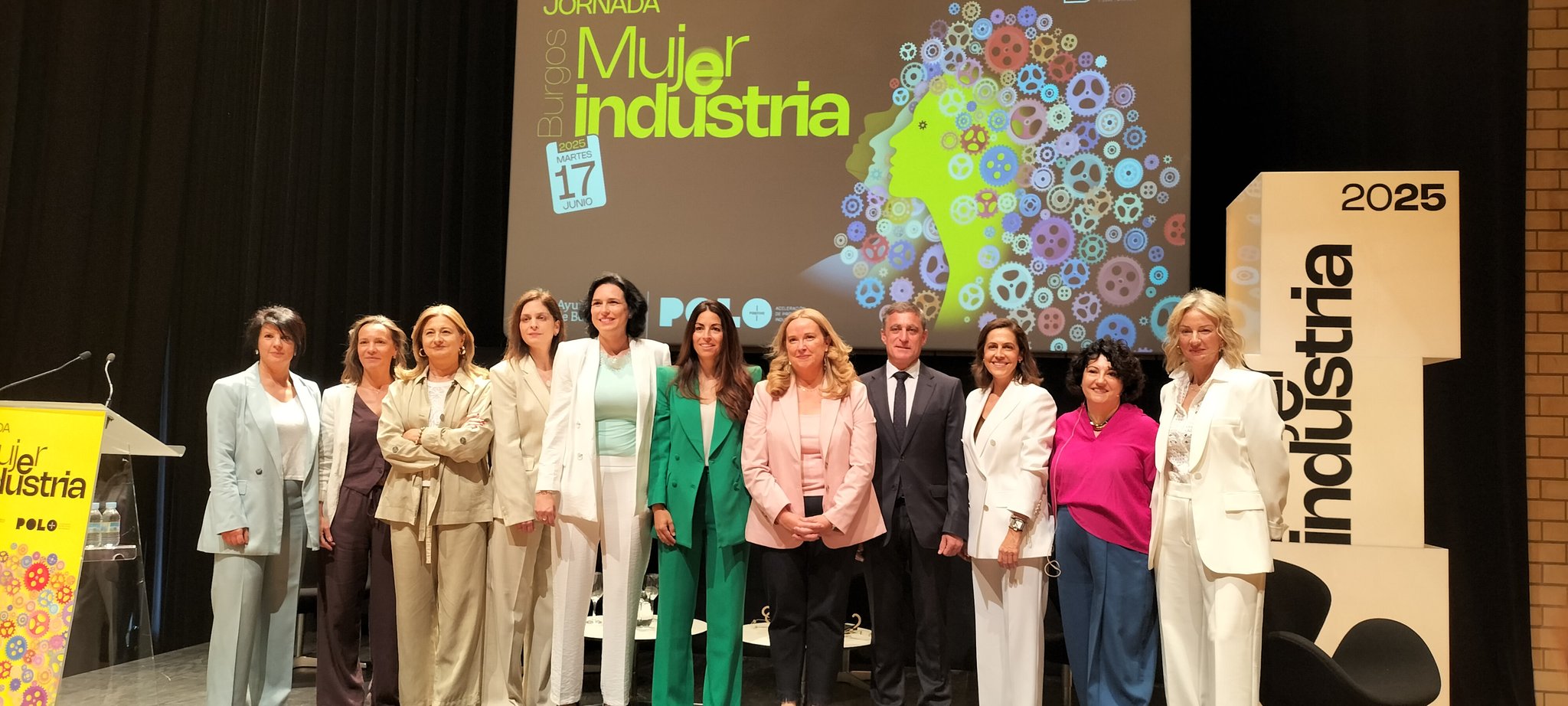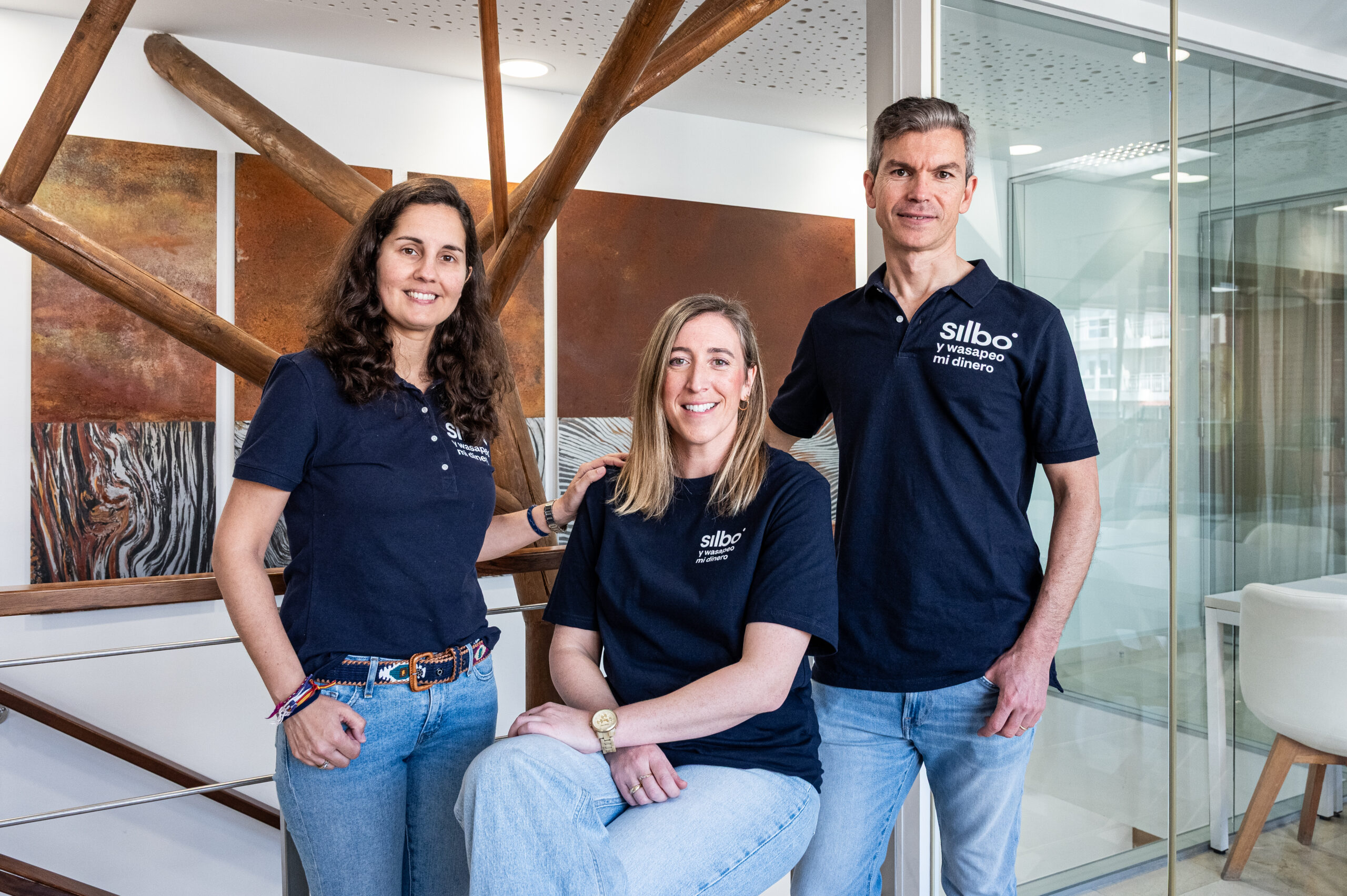Odilo is a Murcia-based technology startup that has ketp a low profile within the Spanish startup ecosystem. While most of the attention is focused in cities like Madrid or Barcelona, certain companies that are born in smaller and less hyped areas are building what look to be like strong businesses with an international mindset from day one.
Odilo is a example of this. The company works with libraries and educational institutions in Spain, Latam and the US to power their content lending systems with Spanish made technology. A not-so-sexy industry when compared to others, but a solution that seems to be fulfilling the needs of libraries at both sides of the Atlantic Ocean.
To know more about Odilo, which raised $2.8 million in 2014 from Active VP, we recently sat down with its CEO and co-founder Rodrigo Rodríguez. This is an edited version of our conversation.
What’s the story behind Odilo? After various years at Telefonica and BT, why did you choose this industry?
Prior to starting Odilo I had worked in the cloud computing industry and I had previous knowledge of the technology most libraries use.
When we saw that ebook readers were becoming popular, we knew this would bring new opportunities to the book industry but mainly to libraries and the education sector, transforming these industries by creating new ways to access digital content.
Our idea was then crafted around creating a service that could allow any institution to easily offer digital content to their users. Based on my experience in the Infrastructure-as-a-Service (IaaS) market we decided that the best way to do it would be to create the concept of Content-as-a-Service (CaaS), where we could follow a similar path to Amazon’s with Amazon Web Services but applied to digital content of any kind.
At first sight, it seems as if Odilo has various products. Some aimed at libraries and educational institutions and some others for publishers. What is it like to combine all of these products and its various business models?
All of our solutions are based on our core CaaS model in which we offer our technology and we establish partnerships with content providers of all types.
This core service/technology is the underpinning of all of our products and we build other layers and new functionalities of the service on top of it, to adapt to and serve the needs of other sectors such the leisure market, K-12 schools, universities, public libraries, special and corporate libraries, etc.
We also have several companies licensing our technology to create their own products on top of it. This way we can be flexible enough to commercialize our services in different markets and territories while at the same time keeping our focus on our core service.
You’ve followed an interesting model that is often seen in Europe, where startups decide to keep the tech talent in a low cost region (in your case Murcia, Spain) while moving sales and marketing operations to bigger cities like Madrid or even the US. What has it been like to build the company out of Murcia?
I am from Cartagena (Murcia) and our city has a good university and a very good quality of life, so I thought this would be a great place to build a technology company. We have an agreement with the University in Cartagena whereby professors recommend their best students to work with us. This would be something very difficult to do in bigger cities with more companies competing to attract quality talent.
We are also able to convince technical talent to move from other parts of Spain to Cartagena to fill other roles within the company. Last year, we had to set up an office in Madrid for our new sales and marketing teams as most of our customers are based there. At the same time, we also set up an office in the US and Mexico to better connect with international publishers and customers.
If I’m not mistaken, your team is quite distributed: you are in Miami, your COO is in Madrid and the CTO in Murcia. What are the main challenges of working this way? What’s your experience been like at building a distributed team while being ‘small’ (less than 50 employees)?
We also have a North America & Australia COO in Colorado so I that can spend more time in Madrid, but it is quite a challenge for us to manage such a diverse and distributed team of 46 people from 6 nationalities.
My idea was to bring the best possible talent to the company independently of their nationality and location. We use technology and team collaboration tools and methodologies to be as efficient as possible, but based on our experience the key aspect about this is that everyone understands and shares our vision and company culture so they can be independent in their responsibilities and not lose agility.
Also important in regards to work culture is the fact that everyone has a deep sense of commitment and shows a trustworthy attitude. From our experience thus far, distributed teams can work very well if all the team members completely trust each other and keep things really simple.
According to the the Spanish official registry, in 2013 Odilo had sales of between €300 to €600k and more than €1 million in 2014. That year you also raised $2.8 million from ACTIVE VP. How’s the business side of things going?
Odilo was founded as a bootstrap company and so we tried to be profitable from the the very beginning, combining R&D initiatives with customer projects. We have been consistently growing every year and at the same time incorporating new products and partner agreements. 2015 has been a great year for us: we signed our biggest contracts this year and that will lead us to increase the number of users that can receive content through our platforms from 9 to 107 million people by early next year.
What’s the sale process like? Is it hard to convince large institutions like libraries or universities of what you bring to the table or are they aware of the necessity of improving their current (and I’m guessing old) systems for their own and readers’ benefit?
Institutions know that their users and students demand to have access to content at any time and from any place, and that they need to include digital content as part of their services to be relevant in the future.
Our work is not so much to convince them to adopt the technology, but to help them with this transition from physical to digital and so our challenge is to speed up the digital lending adoption process. In the US, more than 90% of libraries and the majority of schools offer digital lending to their patrons and students; and the market has been growing exponentially. However, in Spanish speaking countries we are 5 years behind but we estimate that the market will grow at the same pace like the US market did.
With significant presence in Spain and Latam, is the US the next big frontier for the company? How is the US market different from those in Spain and Latam? Are libraries and customers there more forward thinking and understand your value proposition better or has that been the case in all other markets where you are currently active?
Yes, we have a unique value proposition for the US market with a business model that has been very well accepted in that market with some success cases in libraries and schools.
Since digital lending penetration is so high in the US, our focus is on demonstrating the benefits of CaaS as a great way for institutions to offer great collections of digital content and only pay for what their users and students actually use. In this case, our sales strategy is focused on key differentiators of our business model and technology, while in Spain and Latam our focus is to speed up technology adoption as we are strong market leaders there.
What are Odilo’s short term goals and where would you like to see the company in 3 to 5 years?
Our short term goals are to increase our market share in the US. We want to build a strong sales team in the US for this and we want to maintain our leadership position in Spanish speaking countries as institutions gradually increase their budgets for digital content.
We also want to increase the number of companies that use our CaaS platform for creating their own products to serve different verticals. In the midterm, institutions of all kinds will offer access to digital content to their users, employees and students the same way they currently offer WiFi access. To do this they will follow a CaaS model and we want Odilo to be the company leading this transformation.




